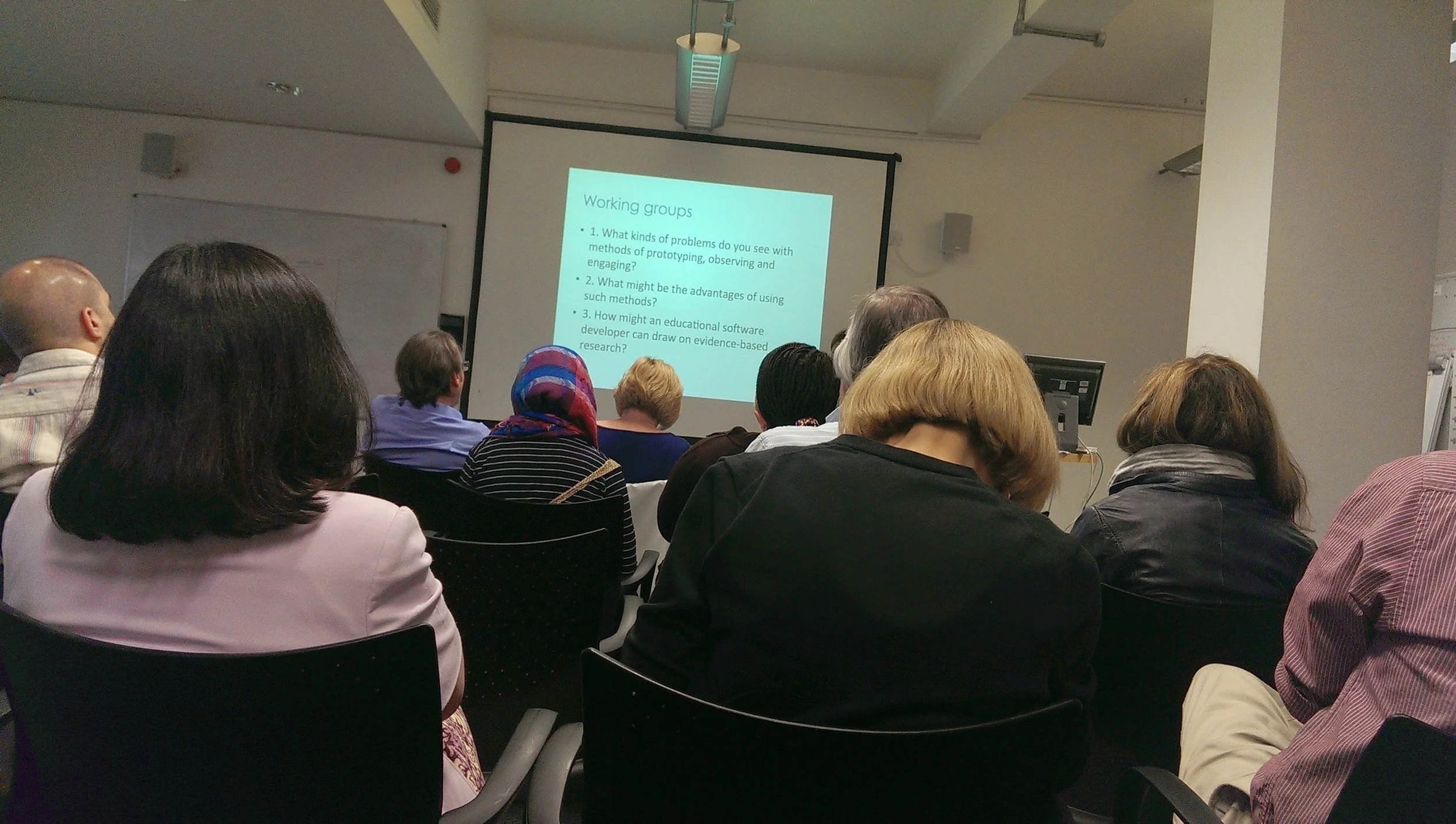I think it's useful, now and again, to try something different. I don't know if the following ideas are really outlandish or not, but I thought I'd present them as a starting point.
Create a rota for your pupils to be responsible for one Computing lesson per term
I worked in a school once where the pupils had to take an assembly in their Year group once a term, and they all rose to the challenge. So why shouldn't it work for Computing lessons?
Decide to not use any computers at all next week
I was once timetabled to teach Computing in a room with no computers for half my timetable. There were no tablets or laptops available either. It's amazing what you can do when you have to, and with some imagination.
Abandon your scheme of work for one lesson
Have a discussion about a news item instead. (See the Discussion Topics, for example. More will be featured in the next Digital Education newsletter.)
Ask your pupils or colleagues to come up with a list of outlandish ideas
Then choose one at random each half-term.
Devise a lesson to take place outdoors
I once worked out a scheme of work based solely on taking pupils to the local park each week. Highly impracticable of course, to do so that frequently, but a good exercise. You'd be surprised how many computing or ICT concepts you can infer in a park, even for just one visit.
Use nothing but AI
I think that if you insisted that students use AI for research and drrafting the outline of an essay, it would provide them with a good opportunity to experience (a) the truth of that old adage “Garbage in Garbage out” in terms of prompting; and (b) to be able to see how boring AI output often is and how differemnt it is (hopefully) from their usual efforts. Perhaps two or three lessons might be needed for this, but I think it’s worth the investment in time.







